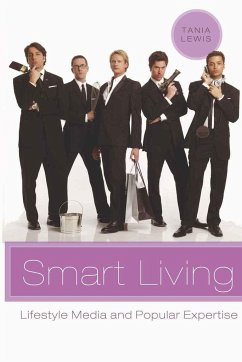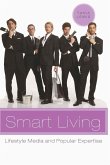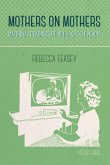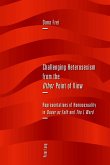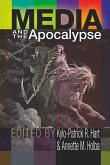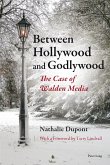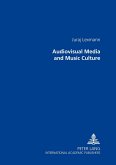What do the Fab Five from Queer Eye for the Straight Guy, the Supernanny and celebrity chef Jamie Oliver all have in common? Lifestyle gurus are increasingly intruding on everyday life, directing ordinary people to see themselves as «projects» that can be «made over» through embracing an ethos of relentless self-improvement. Smart Living argues that they represent a new form of popular expertise sweeping the world. Written in a lively and accessible manner, the book examines this cult of expertise across a range of media and cultural sites and offers the reader a range of critical tools for understanding the recent emergence of this popular international phenomenon. Smart Living is a must-read for anyone interested in the relationship between popular media culture and contemporary social life.
«'Smart Living' explores the increasing prevalence of 'lifestyle' expertise in the mass media and in the process tells us something important about the forms of selfhood we have and aspire to today. Tania Lewis's lucid readings of the popular genres of advice on the management of the self offer serious insights both into the media and into the social underpinnings of malleable selfhood. 'Smart Living' is an exemplary analysis of a shift in some of the fundamental categories of social life.» (John Frow, University of Melbourne)
«Lifestyle formats work within the familiar, contrastive dynamics of modern popular culture. Enhanced 'personal development' and the chance to get closer to happiness go along with the further reach of commerce into who we are and what we do. Tania Lewis offers a thoughtful exploration of origins, communicative forms and impact, setting this within a broader appraisal of the future of public identity.» (John Corner, University of Liverpool)
«Lifestyle formats work within the familiar, contrastive dynamics of modern popular culture. Enhanced 'personal development' and the chance to get closer to happiness go along with the further reach of commerce into who we are and what we do. Tania Lewis offers a thoughtful exploration of origins, communicative forms and impact, setting this within a broader appraisal of the future of public identity.» (John Corner, University of Liverpool)

